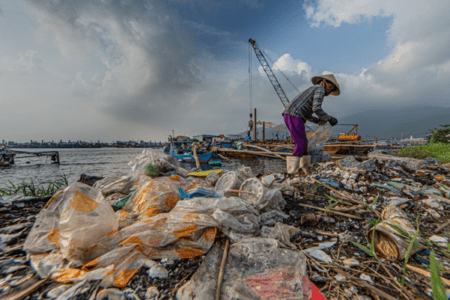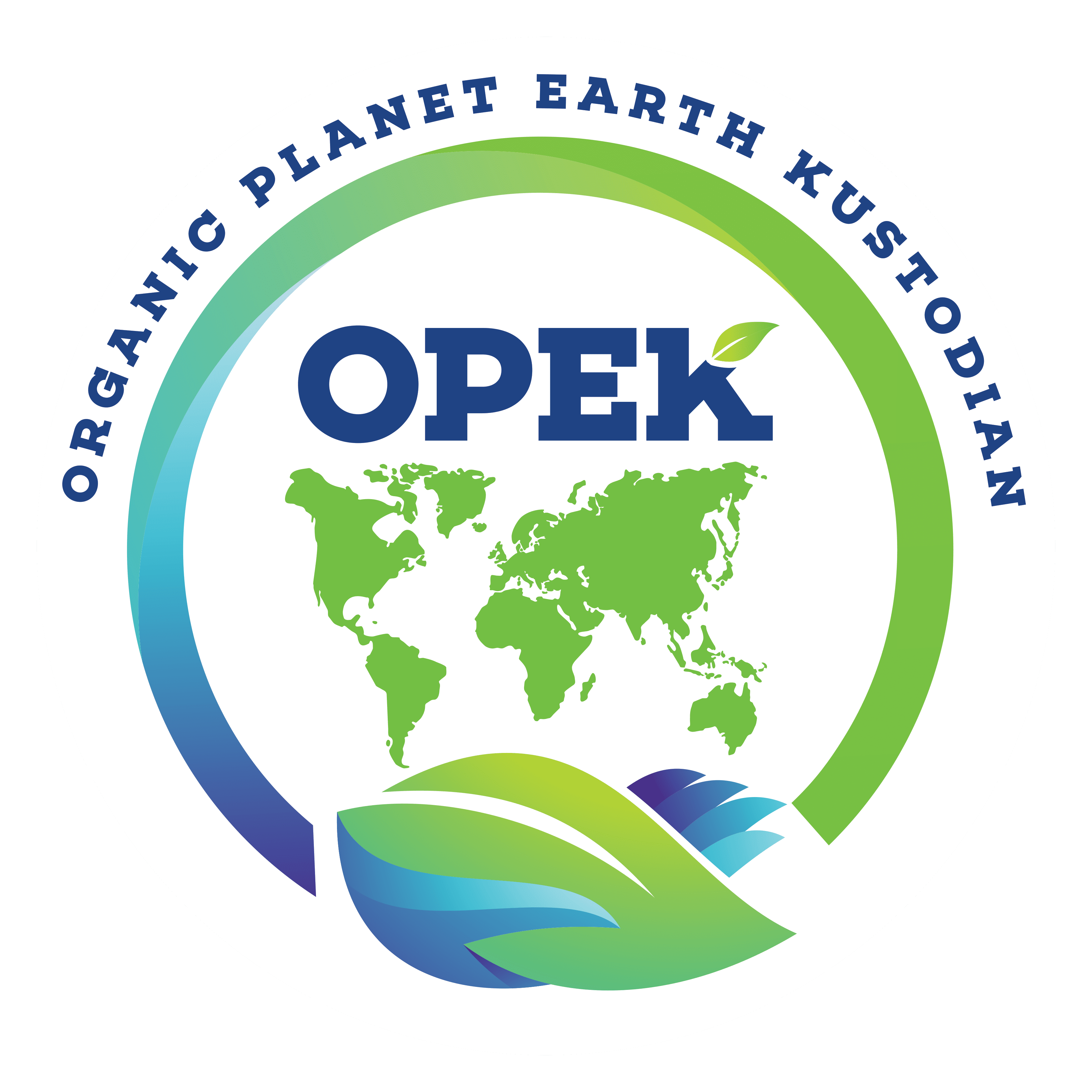The Ultimate Guide to the Price of Plastic Waste and Solutions to turn the Tide
We produce approximately 359 million tons of plastic each year, with a global market worth $568. 9 billion in 2019 and projected to reach nearly $1 trillion by 2035. These eight million tons of plastic end up in the world`s oceans each year, most of which is supplied by rivers, serving as a direct conduit for waste from some of the world`s fastest-growing cities to Marine environment. The plastic produced is designed for single use.
There are also enormous economic costs associated with marine plastic pollution. In addition to being intimately tied to the fishing and tourism industries for their livelihoods, residents of coastal communities suffer from the adverse health effects of plastic pollution and tidal waste. Finding Solutions Tackling marine plastic pollution can – and should – be approached from many angles. By working with product designers, we can find alternatives to single-use plastic and design products that can be reused.

Price: Plastics are cheap because they are made with heavily subsidized petroleum and can be cheaper to produce, with less economic incentives to use recycled plastics. We need pricing structures to identify the negative externalities of plastic use and encourage the use of alternative materials or reused and recycled plastics. Technology and Innovation: Creating tools and technologies to help governments and organizations measure and monitor plastic waste in their cities. United Nations Economic and Social Commission for Asia and the Pacific (ESCAP) Project Closing The Loop is helping cities create smarter policy strategies to tackle the problem.
Creating a Plastic-Free Workplace: In 2018, ESCAP banned single-use plastics from all food service operations. This initiative will make it possible for us to avoid nearly 9 tons of waste each year by rethinking the way we work. City and community actions: beach and river clean-up events, and awareness-raising initiatives to educate the public on how their actions contribute to marine plastic pollution, as well as bans and royalties on single-use plastic bags. Multi-stakeholder cooperation: Ministries at the national and local levels should work on policy formulation, implementation, and monitoring, including by industry producers, NGOs and non-governmental organizations voluntary service.
Organization for Economic Cooperation and Development (OECD), in cooperation with ESCAP, the Indonesian Coordinating Ministry of Maritime Affairs and Investment, the Coordinating Body for the East Asia Sea (COBSEA) and the ASEAN Secretariat discussed. Events such as the OECD Regional Policy Dialogue Forum enable regional parties to exchange information and develop collaborative efforts to tackle marine plastic pollution.
Reference:
Aaryan (2021). The price of plastic waste and solutions to turn the tide. [online] Environment Focus. Available at: https://oecd-environment-focus.blog/2021/01/07/the-price-of-plastic-waste-and-solutions-to-turn-the-tide/[Accessed 11 Nov. 2021].


 by
by